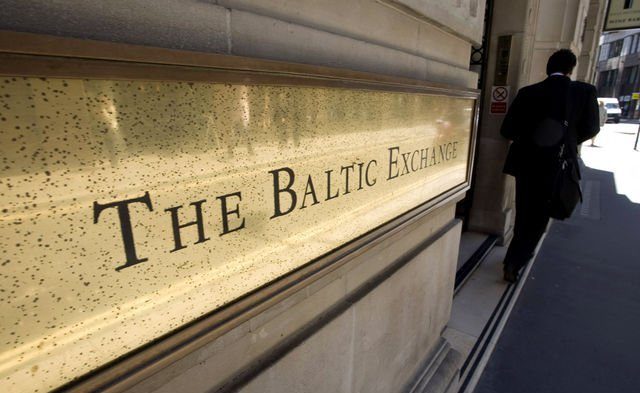‘SGX and Baltic is essentially a combination of dry bulk and freight’

The head of the Singapore Exchange (SGX) has outlined how he sees London’s Baltic Exchange working in combination with its new owners.
SGX, which bought the 273-year old Baltic for £87m last year in an exclusive first broken by Splash, is trying to position itself as the most technologically advanced commodities exchange in the world. Its CEO, Loh Boon Chye, was speaking as a keynote at this morning’s FT Commodities Summit Asia.
“SGX and Baltic is essentially a combination of dry bulk and freight,” Loh said, explaining: “Cargo prices are not traded in isolation – freight is the key driver of world trade and therefore freight volatility, of which we have seen a lot, will impact cargo profitability. We are working hard to build the awareness of these linkages.”
Loh said the Baltic acquisition could be viewed in the context of building market infrastructure as well as the opportunity his company sees in integrating the risk management of cargo and freight, and linking the two liquidity pools.
The SGX boss was adamant that going forward Asia would drive pricing for commodities and freight.
“What is clear is that the centre of gravity for price formation is shifting to Asia – whether it is China or Singapore – and markets that serve a global audience will always find a natural home at SGX,” Loh said.
In concluding, Loh said: “We are at the cusp of the fourth Industrial Revolution. What has underscored Singapore’s rise to become a global trading hub still holds true today. To ensure continued success, we have to capitalise on industrial, commercial, political and technological developments, and adapt swiftly to changing conditions. We will only be as successful as you, the market participants, are.”
